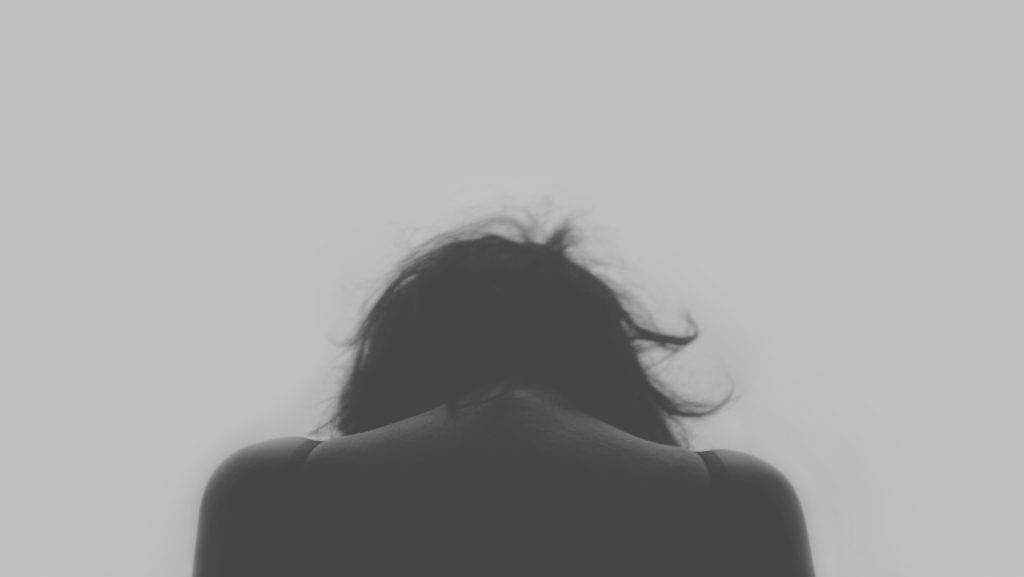
by Fatema Haque
“I am a survivor of child sexual abuse,” I say. Then, to ease the discomfort of sharing something so intimate, I quickly follow up with, “I’m healing from it: I am going to therapy, and I’ve done a lot of work on my own.”
To this, I’ve received variations of:
“I’m so sorry. Thank you for telling me. I’m proud of you for engaging in the healing process, for being proactive. You are so strong.”
Then, eventually, I hear:
“I just never would have suspected you were a survivor.”
Repeatedly hearing I don’t fit into what others imagine survivors to be, I realized we all have a survivor in mind. This survivor is visibly traumatized; has low self-esteem; doesn’t recognize, differentiate, or express their feelings; experiences depression and anxiety; demonstrates their trauma through their body (eating disorders, illnesses, disconnection); has a lower capacity for intimacy; is hypersexual or not sexual at all.
We think this survivor to be all survivors because this imagining has been popularized, mythologized, so we start to believe sexual trauma is uncommon, only happening in certain places with certain people.
The reality is entirely different.
The truth of the matter is, when “one out of three (or four) girls and one out of six boys are sexually abused by the time they reach the age of 18,” it is impossible and dangerous to generalize about what a survivor looks like. As a survivor, you can experience any of the above effects of abuse, or you can experience none of them. You can cope in many different ways, too.
[Read More: Speaking Out Against Victim-Blaming in Sexual Abuse]
You might present a façade to the world, use humor or wit as a defense, dissociate, space out, avoid people or constantly surround yourself with people, create chaos or maintain control at any cost, underachieve or overachieve. You may exhibit self-destructive behavior or you may be the most reliable person you know.
There is no mold; there is no formula. You can never know; you can never assume.
For a long time, I held strongly to the belief I did not need to engage in a healing of any sort because I was not the survivor I had in mind. The first time I shared with someone details of the trauma from my childhood, I followed it up with:
“But none of that really affects me. It happened, it’s over, and I’m good.”
It took nearly a decade after that initial admission to say:
“No, I think it does affect me. Just not in the ways I thought it would.”
In addition to blinding survivors to the deeply embedded effects of abuse, this mythic imagining of the survivor creates self-doubt. I found myself wondering: Was it really that serious? Did it really happen? Do I really need to put this much energy into healing? The secrecy and shame around abuse are enough to create these doubts; it’s even more dangerous to reinforce it with assumptions about what surviving should look like.
What I’ve learned through my healing work is this: There is a diversity of experiences when it comes to abuse and trauma, and they all count. Abuse, in any form for any period of time, is serious. It really did happen, even those things we only have inklings about because we have forgotten or blocked out the details. Most importantly, healing is worth it. Every ounce of energy we can put into it is worth it because the rewards are tenfold. And I, we, deserve to heal.
 Fatema Haque is an educator dedicated to transformative higher education. She is currently working to change medical education through curriculum reform. In her free time, she enjoys learning, thinking, and writing about self-healing, undoing internalized -isms, and improving self-esteem in communities of color. You can find more of her writing on her blog.
Fatema Haque is an educator dedicated to transformative higher education. She is currently working to change medical education through curriculum reform. In her free time, she enjoys learning, thinking, and writing about self-healing, undoing internalized -isms, and improving self-esteem in communities of color. You can find more of her writing on her blog.




